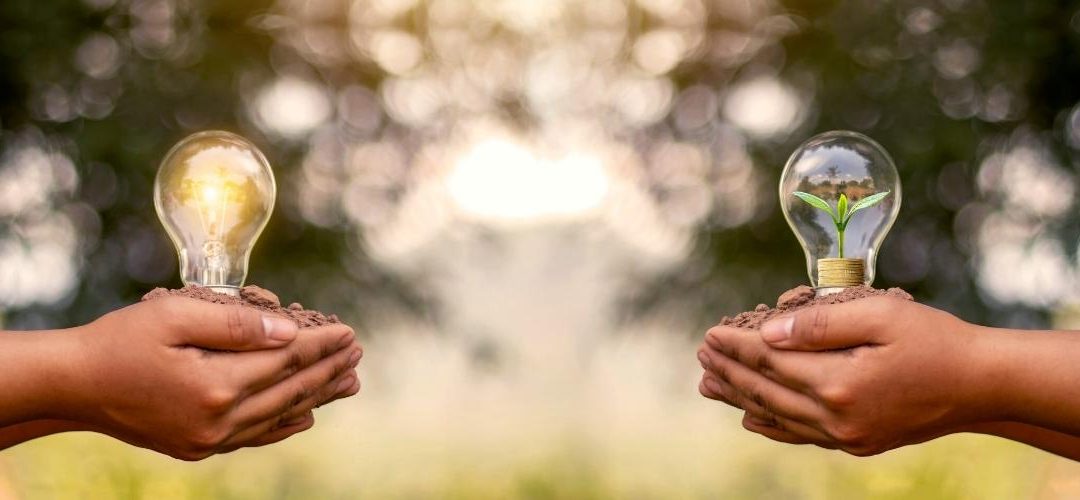Throughout 2022 and beyond, we will continue to witness the eminent switch away from fossil fuels towards greener, carbon neutral alternatives and renewables. This change is driven by the 2050 net zero energy target, in order to slow and halt the effects of climate change on the planet. 2021 saw the COP26 conference, where global leaders and climate experts vowed to try and limit global warming to 1.5 Celsius in order to circumvent a climate catastrophe (although current commitments see them missing this target and only limiting it to 2.4 Celsius).
In line with these goals, the following trends in sourcing energy are projected to be prevalent in 2022 and beyond:
Solar power is projected to become the world’s largest source of electricity as early as 2035, as it is a truly green and renewable source of energy. This shift provides many opportunities for those working in solar energy, and also for those who will help with the electrification process needed to enable this change. Solar power production is expected to see a growth of 12% per annum.
Wind power is predicted to become the second largest source of energy by 2050, with the number of wind turbines expected to grow. This increase in wind turbines will see an increase in energy production and a decrease in overall costs. This overall, will see a greater ability to provide more people with energy produced through wind globally.
Hydropower will also see an increase in usage by approximately 1.5% per annum until at least 2050. Further, in addition to Hydropower, hydrogen will continue to be utilised as a carbon neutral fuel, but it is predicted that a greater emphasis will be placed on using ‘green hydrogen’, as the use of fossil fuels begins to be phased out and old methods of sourcing hydrogen as a by-product are reduced.
In addition to prioritising new, greener, energy alternatives, the application of AI (artificial intelligence) in energy production, management and distribution will become more prominent in 2022.
Digital Twinning
Digital Twinning will allow for a real-time view of the production process, allowing any issues to be resolved as soon as they arise. Further, by twinning the automation process, multiple production sites can be remotely monitored simultaneously by an individual.
Defect & Error Detection
AI can be implemented during the production process to ensure that all critical infrastructure is without defects. Further, AI will enable a manufacturer to detect any errors before the part is physically manufactured. In addition to this, by utilising AI in the form of a Digital Twin, a manufacturer will be able to perform predictive maintenance on their manufacturing processes, not only saving time but also preventing loss of revenue due to unexpected downtime.
Tracking of Emissions (in order to reach the zero emissions goal)
AI can also be applied in order to monitor any escaped greenhouse gas emissions from energy equipment. Through tracking any erroneous gas escape, AI can help prevent any future contamination, thus aiding the journey towards a greener industry. Further, by using AI, energy companies are able to further reduce waste by streamlining their energy use.
For the transport sector, there is a growing emphasis on green energy vehicles that will transform the industry over the coming years, starting with the ban of the sale of new petrol and diesel cars in the UK from 2030. Electric cars will become more prevalent amongst drivers, both commercially and privately, which in turn will require infrastructure changes to allow for more public charging ports. Additionally, with rail projects such as HydroFLEX and Vivarail debuted at the COP26 conference in 2021, rail transportation will soon see an overhaul with the goal of becoming completely decarbonised. These projects encourage a greater emphasis on the electrification process of the British mainline wherever possible.
B&S Group has the expertise and capabilities to support and accelerate the UK’s efforts in its journey towards a fully decarbonised grid. As an industry leader in integrated power solutions, B&S delivers full service design, engineering, manufacturing, installation and maintenance solutions for the safe, efficient and reliable management of renewable energy systems. From LV switchgear and COP metering to BESS and e-houses or power substations, B&S can provide a bespoke solution for every stage of the renewable energy process.
B&S is at the forefront of the UK’s decarbonisation and electrification journey, delivering bespoke integrated power solutions for a number of the UK’s largest energy suppliers. Our continued investment in research and development are key in our ability to supply the best quality and technology for the ever-evolving renewable energy market.
